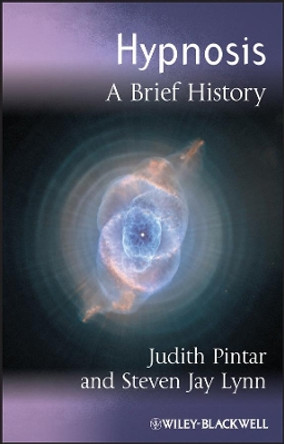Description
The self for Kant is something real, and yet is neither appearance nor thing in itself, but rather has some third status. Appearances for Kant arise in space and time where these are respectively forms of outer and inner attending (intuition). Melnick explains the "third status" by identifying the self with intellectual action that does not arise in the progression of attending (and so is not appearance), but accompanies and unifies inner attending. As so accompanying, it progresses with that attending and is therefore temporal--not a thing in itself. According to Melnick, the distinction between the self or the subject and its thoughts is a distinction wholly within intellectual action; only such a non-entitative view of the self is consistent with Kant's transcendental idealism. As Melnick demonstrates in this volume, this conception of the self clarifies all of Kant's main discussions of this issue in the Transcendental Deduction and the Paralogisms of Pure Reason.
About the Author
Arthur Melnick is Professor of Philosophy at the University of Illinois at Urbana-Champaign. He has published several books on Kant's philosophy including Space, Time, and Thought in Kant, and Themes in Kant's Metaphysics and Ethics.
Reviews
"Melnick's book is rich as an interpretation of Kant, as a study of phenomenology, and as a fairly revisionary picture of metaphysics...Activity-based interpretations of Kant's view on the self have been suggested elsewhere by others, but none has been fleshed out in the way Melnick's is here. As Melnick shows, there are important reasons why such a reading of Kant is appealing, and any commentator wrestling with Kant's views on the self would do well to consider carefully Melnick's contribution to the literature." - Colin Marshall, New York University, USA
Book Information
ISBN 9780415887793
Author Arthur Melnick
Format Paperback
Page Count 186
Imprint Routledge
Publisher Taylor & Francis Ltd
Weight(grams) 360g





